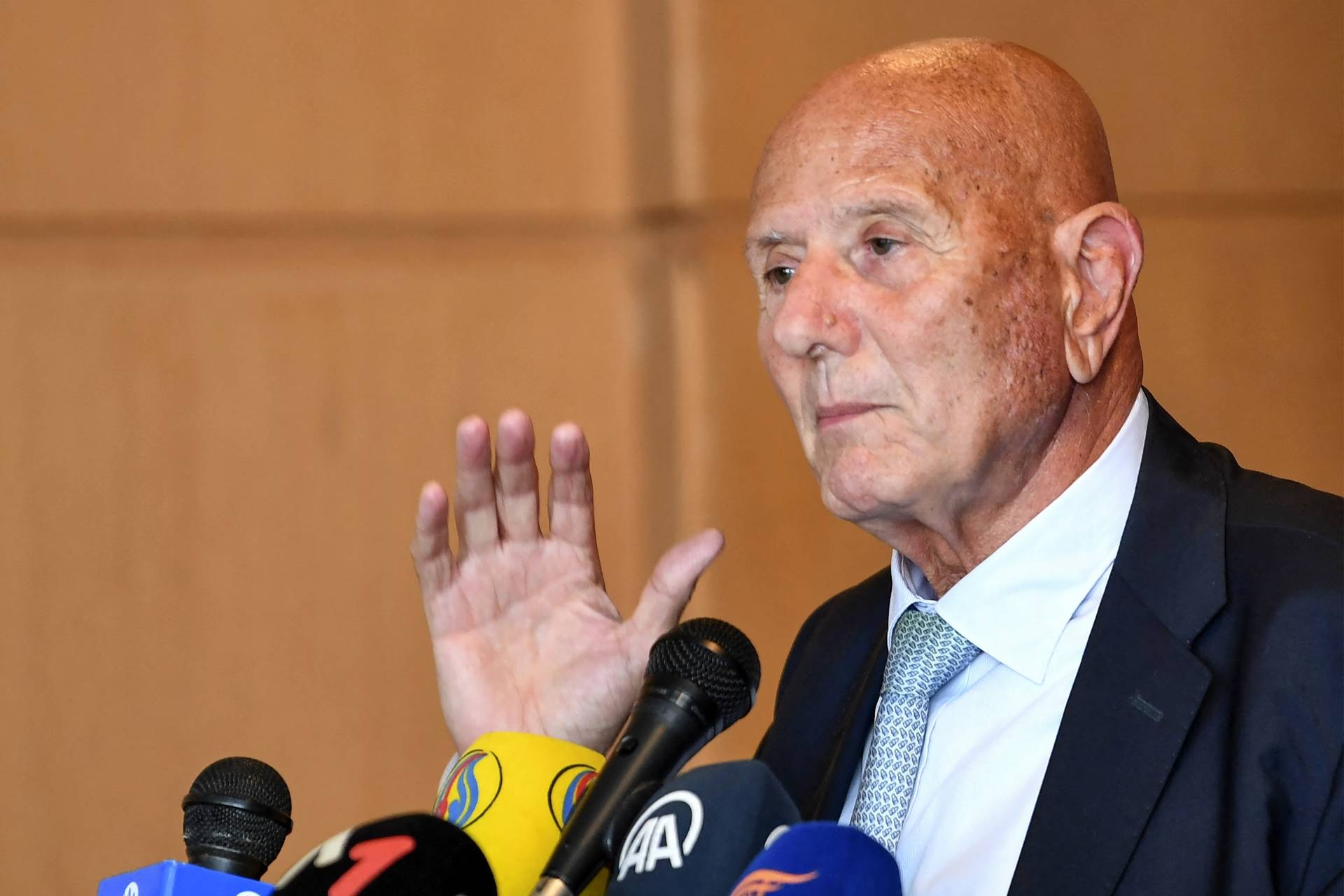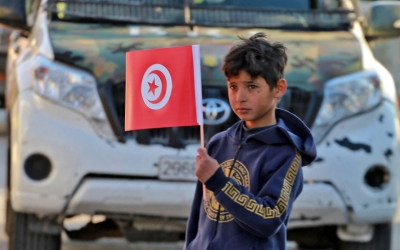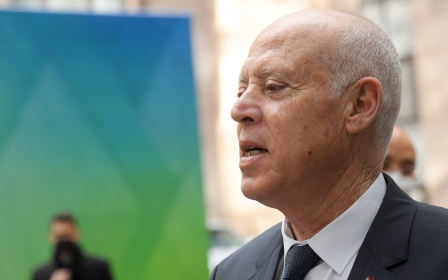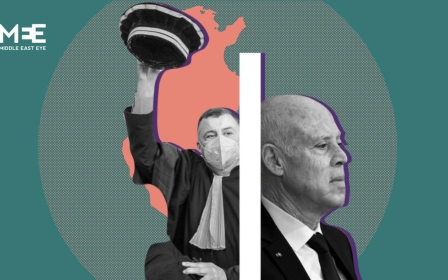Tunisia: Opposition forms new alliance against President Kais Saied

Ahmed Nejib Chebbi, a veteran Tunisian opposition figure, announced on Tuesday the creation of a new alliance to "rescue" the country from a political deadlock following President Kais Saied's power grab last year.
Chebbi, 78, opposed dictator Zine el Abidine Ben Ali's rule and is a prominent left-wing politician. He said on Tuesday that the new National Salvation Front's mission is to unite the Tunisian political forces, rebuild constitutional and democratic processes and protect freedoms and rights in the country.
"We want a return to legitimacy and democracy," Chebbi told a news conference in Tunis.

Chebbi called for a "salvation government" on Tuesday to lead the country during a "transition period" before a new election. The political alliance will include five parties, including Saied's arch-rival Ennahda party, the Dignity Coalition and Qalb Tounes, as well as another five civil society groups and independent political figures.
The Front's priority is to rescue an economy ruined by a "rotten" political system that puts off investors, Chebbi said.
It also aims to involve other political groups and "influential" figures before launching a national dialogue on reforms to "save the country", he added.
Early elections
Since his power grab last July, Saied, a former law professor who was elected as president in 2019, has consolidated powers to rule and legislate by decree, seizing control of the judiciary in Tunisia.
Last month, he dissolved parliament.
Chebbi said on Tuesday that "we will work to unify the field struggle, prepare the rescue programme and push for holding a national dialogue conference without exclusion".
He added that the alliance does not want to return to the political status quo prior to July 2021, but that it would remain "committed to the legislative institutions and organising early elections", the Tunisian news website, Babnet, reported.
Saied has crippled the political system put in place in Tunisia after the North African country's 2011 revolution.
Last week, he assigned himself the power to appoint the head of the electoral commission.
Critics say the move was intended to create a tame electoral body ahead of a referendum slated for July on constitutional reforms and legislative elections due in December.
Middle East Eye delivers independent and unrivalled coverage and analysis of the Middle East, North Africa and beyond. To learn more about republishing this content and the associated fees, please fill out this form. More about MEE can be found here.




